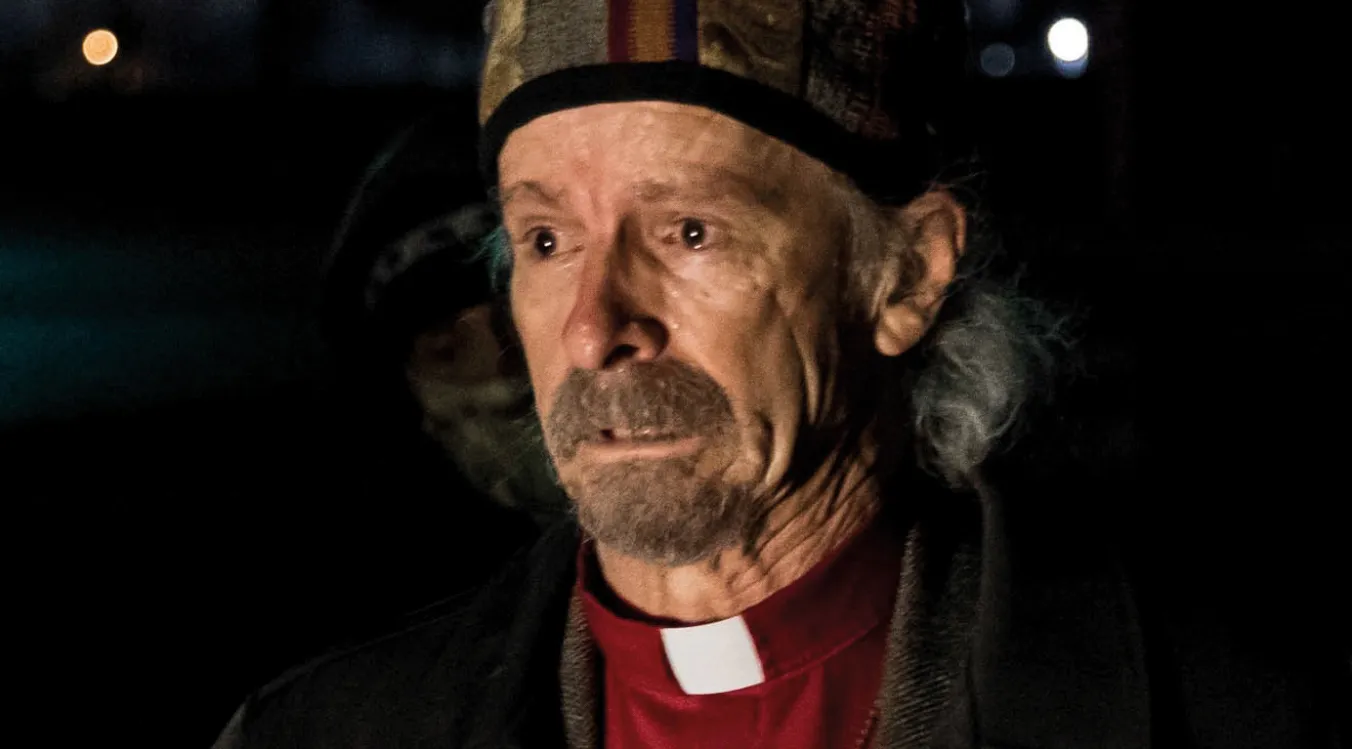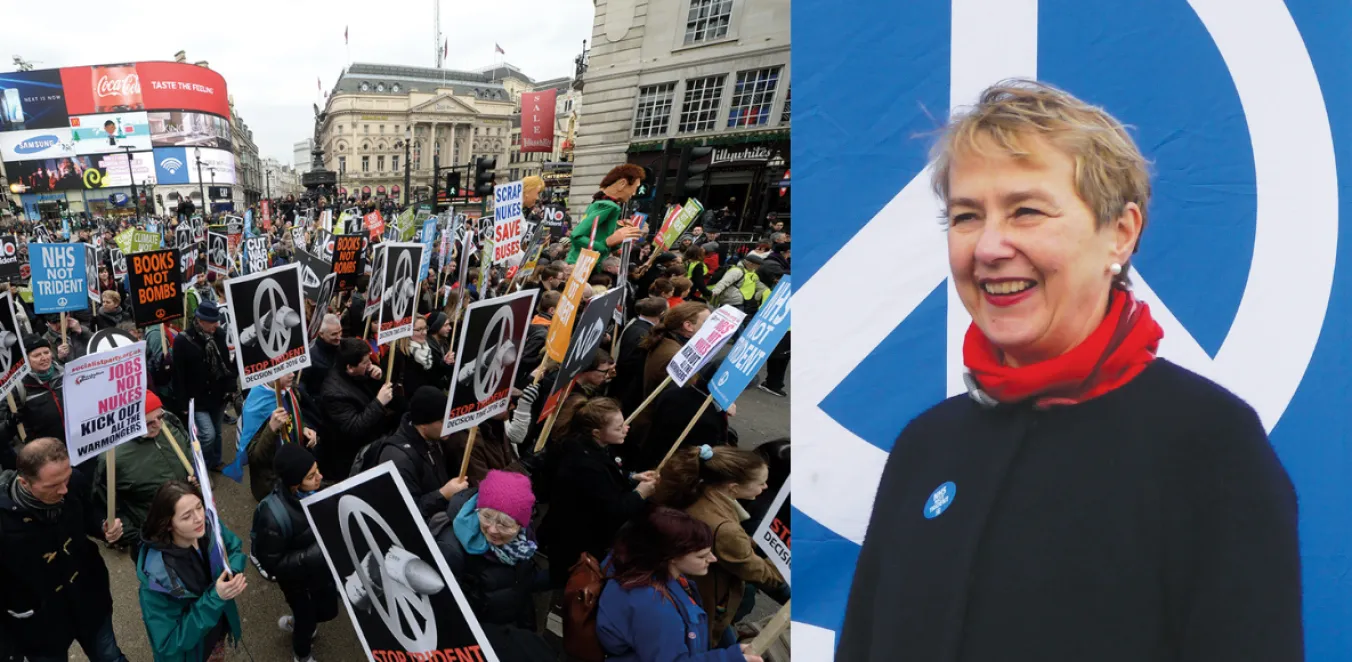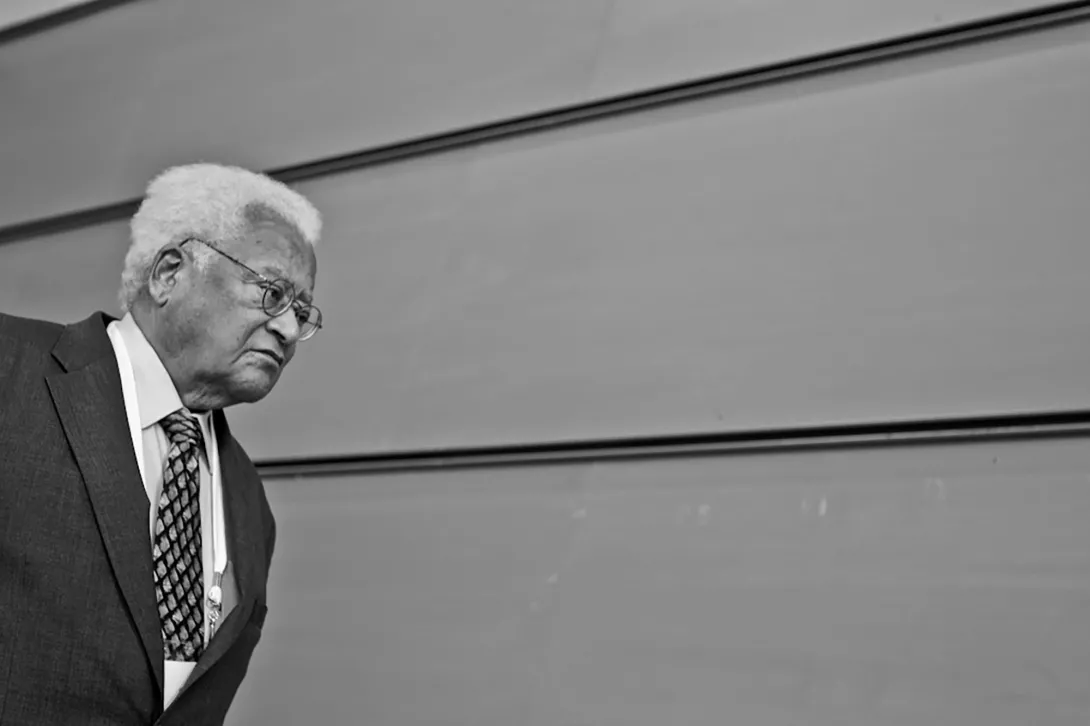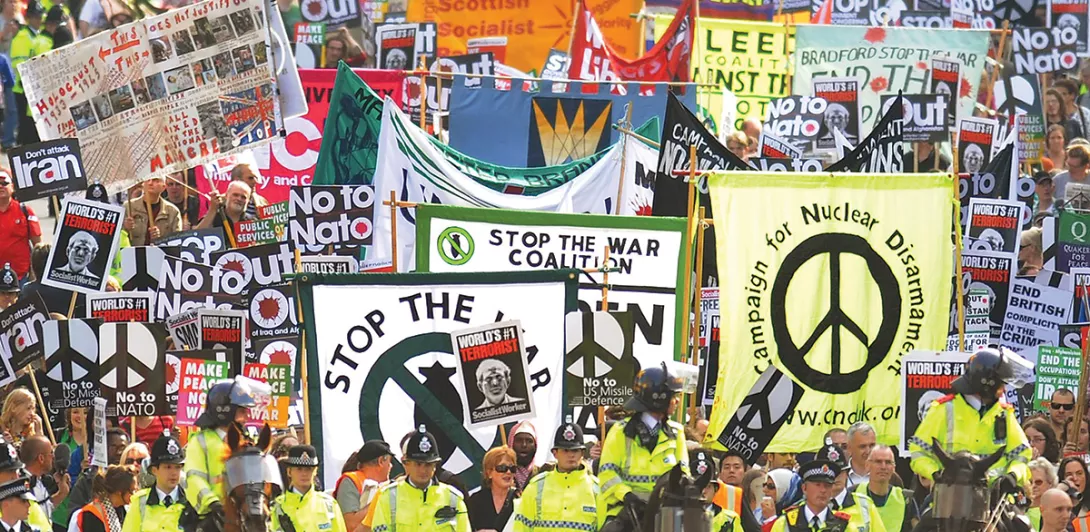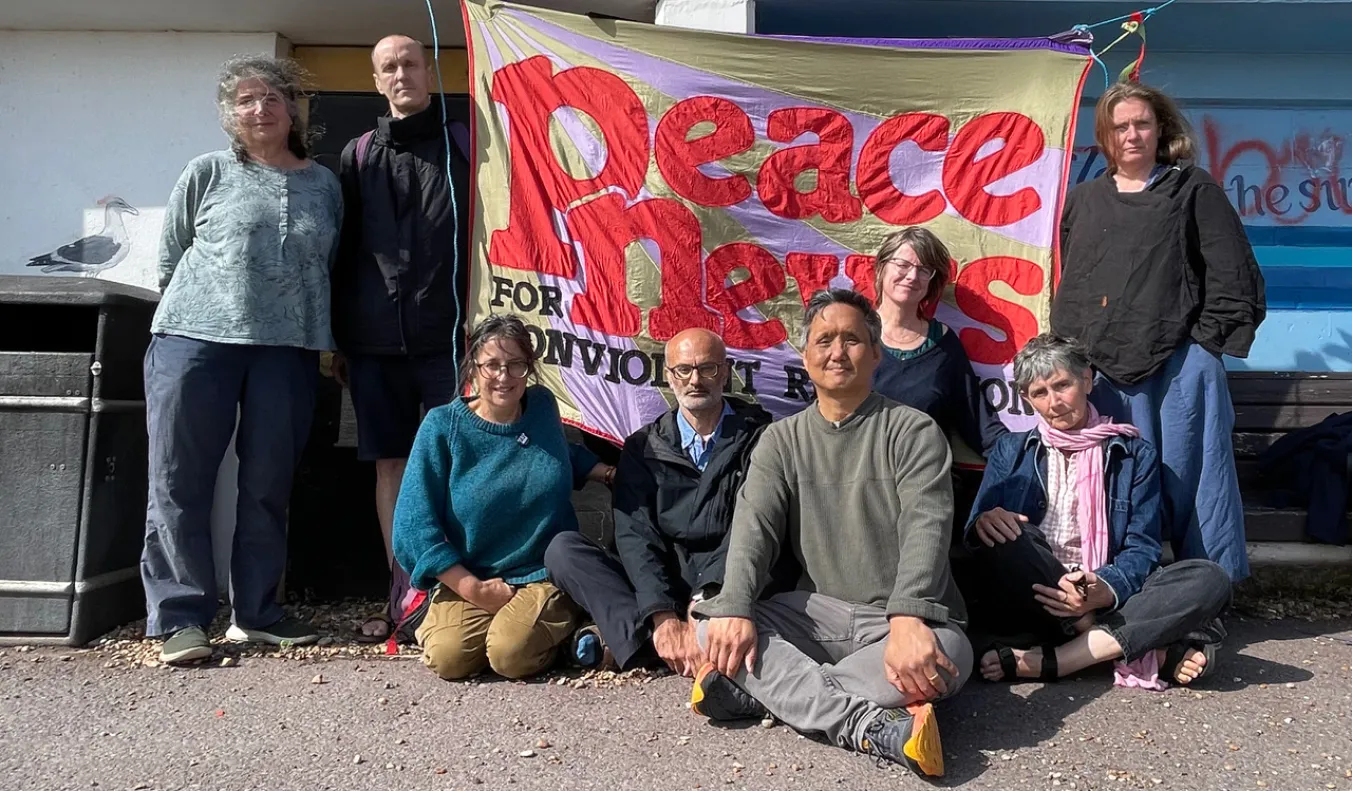
IN AUGUST all four members of staff at Peace News — Gabriel Carlyle, Emily Johns, Milan Rai and Emma Sangster — resigned in protest at how they have been treated by the activist newspaper’s parent company, Peace News Trustees.
Five members of the Peace News board also resigned. The group’s resignation letter noted the staff had experienced a “tidal wave of intimidation, harassment and threats” and a “relentless bullying campaign” from some of the trustees. The Morning Star’s National Union of Journalists chapel kindly published a statement of solidarity with the #PeaceNewsFour.
Like the Morning Star, Peace News has a long and fascinating history. First published in 1936, it was the official paper of the pacifist Peace Pledge Union until 1961, and from 1990 to 2004 was co-published with War Resisters International. Early contributors included Vera Brittain, Mahatma Gandhi and the Labour Party’s George Lansbury.



